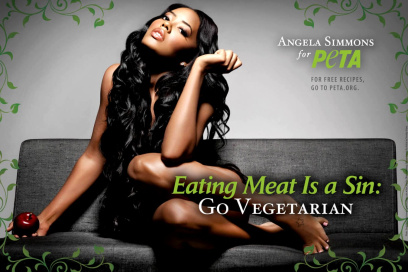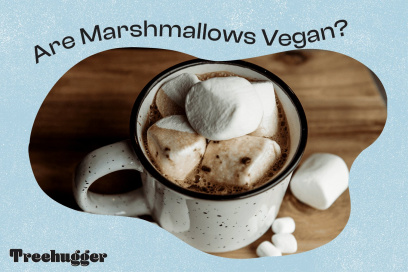At the core of human biology and anatomy lies a protein which plays a significant role in maintaining our skin, bones, muscles, tendons, and ligaments in optimum condition. Collagen is an extraordinary protein with the power to bind, bundle and strengthen structures within our bodies - but as we age our levels of this vital protein begin to diminish. Loss of collagen can have detrimental repercussions for our bodies, such as wrinkles, joint pain and other signs of aging. But before abandoning hope of attaining optimal levels of collagen altogether, here is an option.
Dear reader, the discovery of many plant-based foods rich in collagen-boosting nutrients was an incredible boon from nature that enabled even vegans to benefit from increasing their bodily collagen production. At our core, our purpose here is to explore which foods contain the highest concentration of collagen-boosting nutrients - specifically vitamin C, iron, calcium, and magnesium. However, our journey does not end here! As we continue our exploration of vegan collagen sources, we shall examine various plant-based foods which promote healthy skin, muscles and bones. By the end of this article you will possess all the tools to reach optimal collagen levels via natural plant-based diet methods.
I. Plant-Based Foods High in Collagen Nutrients
Research indicates that our bodies require certain nutrients in order to produce adequate levels of collagen. Amino acids serve as building blocks of collagen fibers; proline, glycine and hydroxyproline are the three key ones. Plant-based foods provide our bodies with essential collagen-producing vitamins; vegans can use these foods as sources of extra support in their collagen production efforts.
Top Plant-Based Foods High in Collagen Nutrients
Start with leafy greens - especially those from the Cruciferous family like Kale, Spinach and Collard Greens which are packed with essential minerals such as Iron, Magnesium and Vitamin C which together form the basis for producing collagen naturally. A half cup of cooked Kale alone meets vitamin C intake recommendations!
Citrus fruits provide your body with essential nutrients for collagen boosting! Lemons, limes and grapefruit are among the many citrus options that provide your body with essential vitamin C (an anti-radical), which helps fight free radicals which damage our collagen fibers. Making sure you get enough Vitamin C through food sources alone is vital - our bodies simply cannot produce enough on its own!
Are You Craving Berries?
Blueberries, Strawberries and Raspberries Are Filled With Antioxidants That Will Shield Your Skin From Free Radical Damage and Promote Elasticity! Additionally, Berries Provide Vital Vitamin C For Collagen Synthesis And General Skin Health!
Make sure not to overlook nuts and seeds! Not only are they packed with protein, but almonds and chia seeds are an excellent source of vitamins E and zinc which are necessary for collagen production, along with providing numerous other health benefits.
Finally, legumes and beans! A fantastic source of protein, they also boast amino acids that play an integral part in collagen formation. Chickpeas and lentils are two legumes which provide this important nutrient in addition to important vitamins and minerals that contribute to overall wellness and skin/joint care.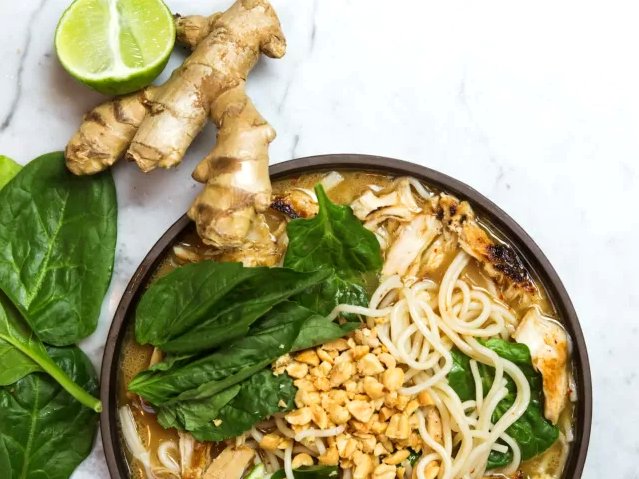
Making plant-based foods part of your daily meals can help promote natural collagen production, making them an excellent option for vegans as well as offering many other health benefits that promote overall well-being. Don't wait; start reaping their rewards today!
Research indicates that our bodies require certain nutrients in order to produce adequate levels of collagen.
- Amino acids serve as building blocks of collagen fibers: proline, glycine and hydroxyproline are the three key ones.
- Citrus fruits provide your body with essential nutrients for collagen boosting!
- Berries are filled with antioxidants that will shield your skin from free radical damage and promote elasticity!
- Nuts and seeds are an excellent source of vitamins E and zinc which are necessary for collagen production, along with providing numerous other health benefits.
- Legumes and beans are a fantastic source of protein, they also boast amino acids that play an integral part in collagen formation.
II. Vegan Sources of Collagen
Traditional understandings of collagen sources include animal products like meat, fish and bone broth; however, plant-based sources can also stimulate our bodies' natural synthesis of this essential protein! Vegan sources of collagen should not be ignored as they can help us maintain resilience and strength of skin, hair, bones and muscles.
Here we have compiled some of the most effective and nutrient-dense vegan sources of collagen that can sustainably boost your collagen levels:
1. Soy Products:
Soy products like tofu, tempeh and edamame make an ideal replacement for meat-based alternatives like sausage. Not only are these plant proteins packed full of bioavailable plant proteins; copper is essential in producing collagen. Furthermore, soy has also been known to enhance skin elasticity while decreasing fine lines and wrinkles in our bodies.
2. Legumes:
For an abundant plant-based collagen source with abundant amino acids to support collagen production, look no further than legumes such as chickpeas, black beans and lentils! These powerhouses boast abundant proline and glycine which play a critical role in supporting production as well as essential vitamins and minerals essential for optimal skin and bone health.
3. Seaweeds:
Sea vegetables such as nori, wakame and dulse contain an abundance of essential vitamins and minerals essential to producing and maintaining healthy collagen fibers. They are an exceptionally rich source of copper which plays a key role in collagen synthesis; furthermore they improve hair and skin quality by providing essential dietary components.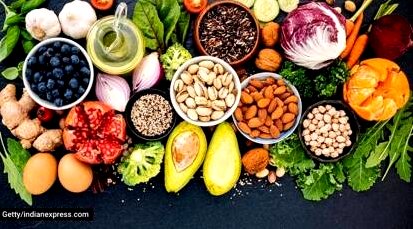
4. Leafy Greens:
Dark leafy greens like kale, spinach and arugula provide more than just fiber and vitamins - they're packed full of collagen-forming compounds to support your body's natural processes and fight signs of ageing like free radical damage from free radicals that contribute to free radicals' spread throughout your system. They're abundant with ascorbic acid or vitamin C which is critical for creating collagen fibers as well as antioxidants which protect us against free radicals' damaging effects.
5. Citrus Fruits:
Many are unaware that citrus fruits such as lemons, limes and oranges contain high concentrations of vitamin C which stimulates collagen production while protecting existing collagen from damage. By including citrus fruit into your daily diet you can ensure you maintain proper collagen levels for healthy glowing skin!
As previously discussed, adding plant-based collagen sources to your diet can naturally boost collagen production levels for maximum health benefits. Whether or not you are vegan, or simply seeking to limit animal product consumption, including these collagen sources into your daily regimen can result in healthier skin, bones and muscles for a long and prosperous life.
III. The Power of Collagen-Boosting Foods
Collagen-boosting foods offer more than simply healthy collagen levels; their amazing effects extend far beyond this! As these nutrient-rich foods offer additional health advantages that contribute to overall physical wellbeing. We will explore all of their various merits below and discuss why collagen-boosting foods are so amazing.
1. Remarkable Impact on Skin Radiance
Antioxidant-rich food such as beta-carotene, lycopene and vitamin E-rich food has an impressively transformative impact on the vitality of your skin by helping reduce fine lines and wrinkles while providing important nutrition such as vitamin C. Furthermore, antioxidant-rich foods provide protection from environmental stresses like UV rays and pollutants, protecting it against environmental stressors that threaten its vitality in an immediate fashion.
2. Strengthen Joint Health
With collagen being such an integral component of joints, food that boosts its production could yield noticeable improvements for joint health. Added bonus? These foods also tend to contain anti-inflammatory compounds which help relieve joint pain by soothing inflammation.
3. Elevated Energy Endeavors
Foods high in plant-based proteins like nuts, seeds and legumes have long been recognized for their capacity to provide organic sources of energy production and maintain fullness during the day, contributing to overall aesthetic enhancement and health improvements. These foods' rich protein sources help facilitate organic energy sources that result in higher aesthetic appeal as well as health advantages.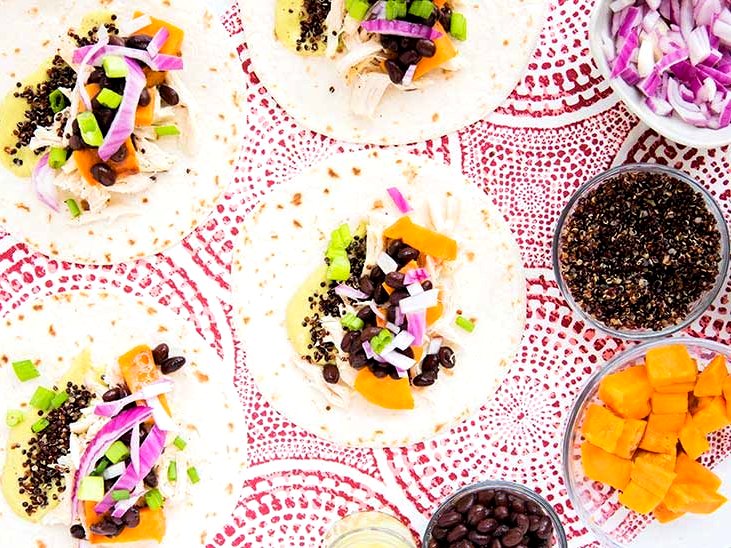
4. Improved Digestive Health
The abundance of soluble and insoluble fiber found in collagen-boosting foods like leafy greens and legumes has proven invaluable in maintaining optimal digestion and avoiding complications like constipation, bloating and other digestive disorders that may compromise daily activities.
5. Comprehensive Wellness Support
A diet rich in collagen-boosting foods helps the body's natural functions to run more smoothly, supporting overall health and wellbeing. These foods supply essential vitamins, minerals and antioxidants which bolster immunity while protecting from other diseases - providing holistic support that strengthens wellness in every aspect.
By including collagen-boosting foods into your diet, you can set out on the path to reaching your ideal state of wellness, increasing natural collagen production levels and benefiting in numerous ways. From improving skin glow and joint health, boosting energy levels or providing an overall sense of well-being; collagen-boosting foods make for a worthwhile addition to nutrition programs of any sort.
Learn more about collagen-boosting foods on Healthline.IV. Nutrients for Collagen Production
Collagen production is an essential process that relies on specific nutrients being present in your body, and in this section we will look more closely at those nutrients which support collagen synthesis.
Vitamin C
Vitamin C, an antioxidant that plays an integral part in protecting collagen fibers while stimulating its synthesis. Some excellent sources of vitamin C are berries, citrus fruits, and leafy greens.
Copper
Copper is another essential mineral which plays an integral part in producing collagen; its cross-linking capabilities ensure greater strength and stability to fibres produced through cross-linking mechanisms within collagen molecules; nuts, seeds, and dark leafy greens all contain copper for cross-linking purposes.
Iron
Iron is essential to collagen production as it transports oxygen directly to cells - an essential requirement. Legumes, leafy greens and nuts all provide ample amounts of iron.
Zinc
Zinc, on the other hand, promotes collagen molecule formation while simultaneously speeding up wound healing processes; rich sources include nuts and seeds, legumes and whole grains.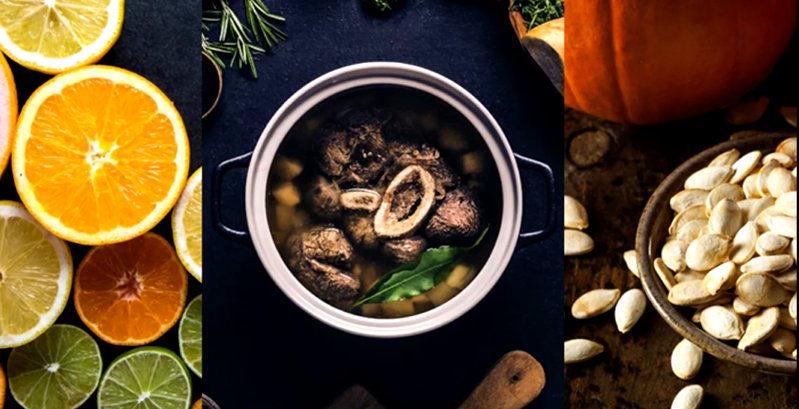
Magnesium
Magnesium is also essential in activating enzymes involved in collagen synthesis. Magnesium plays a significant role in muscle function and bone health; leafy greens and legumes contain high amounts of magnesium.
By regularly eating foods rich in these nutrients, you can help your body produce natural collagen production, leading to healthier skin, stronger bones and functioning joints. Aiming for plant-based foods as well as supplementation as necessary will ensure that you receive enough of these vital nutrients to promote collagen levels in the body.
Enhancing Collagen Production Through Diet
Enhancing collagen production through diet has the potential to be one of the most efficient strategies, even though collagen is typically associated with animal products. Collagen plays a fundamental role in maintaining optimal body functioning and body composition, and so its production must remain an important goal.
To increase collagen levels through diet, it's crucial to select foods high in collagen-boosting nutrients. An individual wishing to maximize their collagen production levels should research all available plant-based and vegan sources of these nutrients and collagen production sources in detail.
Implementing plant-based foods into your daily diet will not only promote healthier skin, bones and joints but will also provide numerous other health benefits essential to living an active and fulfilling life. Be sure to consume an array of fruits, veggies, legumes, nuts and seeds to meet the body's nutritional requirements for maximum collagen production.


